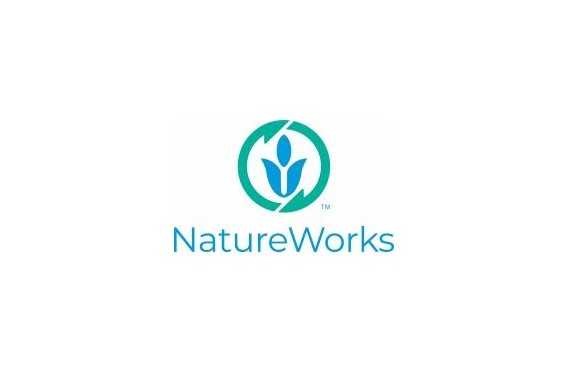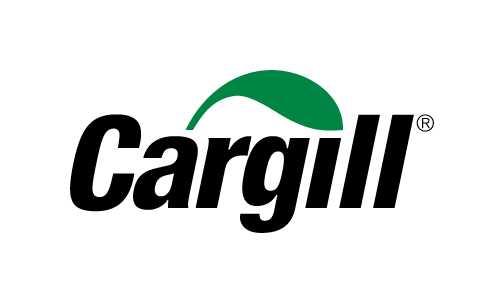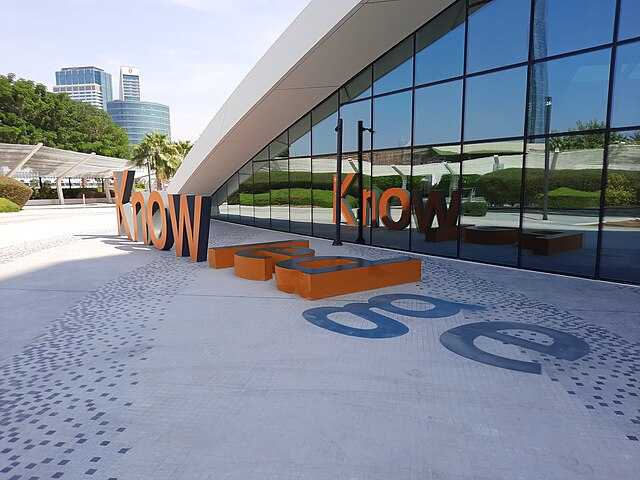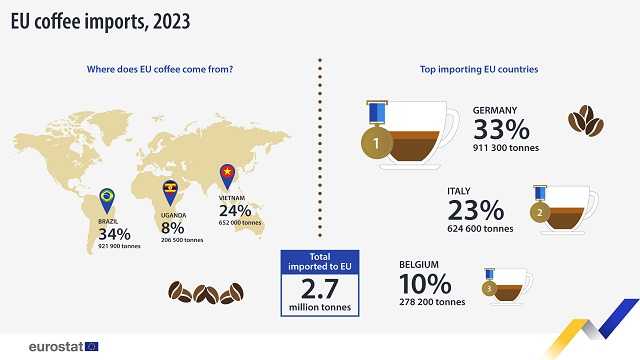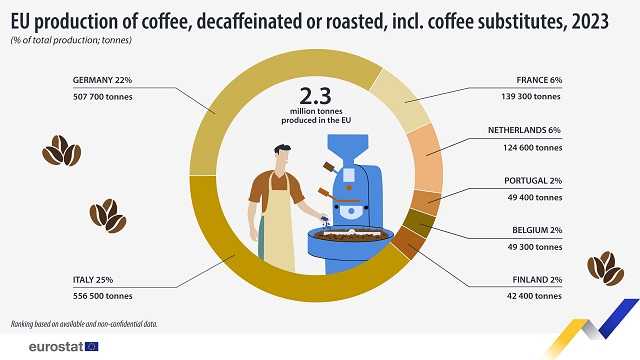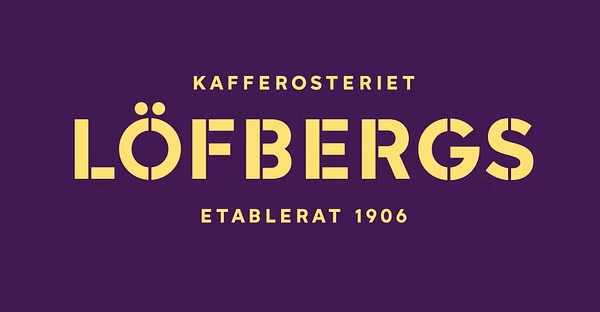PLYMOUTH, Minn., USA – NatureWorks, the leading manufacturer of polylactic acid (PLA) biopolymers made from renewable resources, has announced the appointment of Roger Tambay as the company’s Chief Growth Officer and Roger Kempa as the company’s Chief Financial Officer. The new executive officers are joining NatureWorks as the company enacts the first phase of its global expansion plans with the construction of a new manufacturing facility in Thailand.
Both leaders underscore NatureWorks’ ambitions for growth and innovation as the global market for biobased materials accelerates alongside fast-evolving legislation and regulation around plastics and material circularity.
“We are pleased to grow the leadership team at NatureWorks with people who can support our ambitious growth and innovation plans,” said Erik Ripple, President and CEO of NatureWorks. “As NatureWorks faces a competitive, yet high-potential market, we need to continue leading with new, highly functional polymers that can deliver transparent and traceable sustainability attributes while meeting the need for performance at scale in applications from compostable, flexible films to 3D printing filament.”
With over 30 years of experience in polymer and plastics industries, Tambay comes to NatureWorks from St. Johns Packaging in Canada, a global leader in sustainable flexible packaging supplying leading food and consumer product companies.
As Vice President of Business Development and Sustainable Packaging, he provided technology and business development leadership for new products and markets aligning them with global circular economy legislation. Prior roles included founding and scaling the company FilmOrganic, which manufactures proprietary compostable mulch films with predictable lifespans for commercial fruit and vegetable production. Tambay received a B.Sc. in Chemistry from Université de Montréal, an MBA from Concordia University, and B.C.L. and LL.B law degrees from McGill University.
“I truly believe that if all plastic manufactured articles were made with Ingeo™️ biopolymer, our world would be a much better place,” said Tambay. “I’m excited to be a part of NatureWorks as they continue to expand on their strong PLA manufacturing expertise and leadership in developing innovative applications that leverage the unique performance and sustainability attributes of Ingeo. I also look forward to collaborating with our stakeholders across multiple industries to grow our circular economy and promote the spirit of global plastics legislation.”
Roger Kempa joins NatureWorks with 20 years of experience in global finance and has been serving as the interim Chief Financial Officer at NatureWorks since September 2023. Before joining NatureWorks, Kempa worked 8 years in successive financial roles at Cargill, including as the Global Finance Director for Joint Ventures and as the leader of Corporate Financial Planning for the company. Kempa comes with strong biopolymers experience serving as a founding Board of Directors member and the Chair of the Finance, Risk and Audit committee for Qore, the producer of QIRA® bio-based 1,4-butanediol (BDO). His prior experience also includes finance roles at Target Corporation and Ford Motor Company. In May 2024, Kempa finalized new financing amounting to $350M USD from Krungthai Bank to support the construction of NatureWorks’ new fully integrated Ingeo™️ PLA manufacturing facility in Thailand. Kempa holds an MBA from Michigan State University and a BBA and MA in Accounting from the University of Michigan, Dearborn.
“I’m excited to join the talented and purpose-driven team at NatureWorks and drive forward the adoption of a circular economy through the use of Ingeo biopolymer,” said Kempa. “Sustainable solutions for the future of our bioeconomy will require ingenuity, strong execution, and partnerships across the supply chain, which are all strengths I’ve witnessed from the NatureWorks team.”




